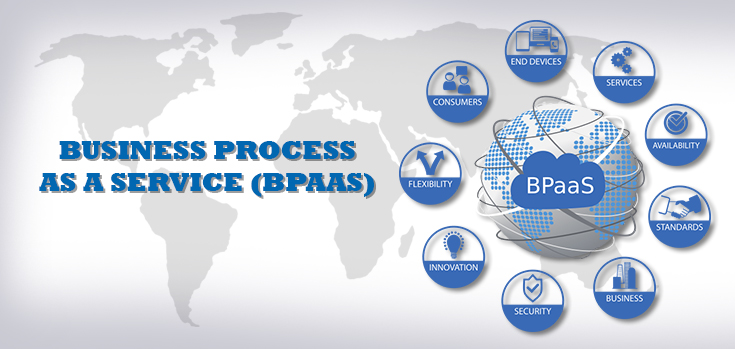Business processes as services (BPaaS) is a cloud-based approach to delivering business processes, applications, and resources as a service to organizations. The BPaaS model enables businesses to streamline their operations, increase efficiency, and reduce costs by outsourcing their processes to a third-party provider. By leveraging the scalability and agility of cloud computing, businesses can easily access and deploy resources on demand, thus improving their overall performance.
One of the main benefits of BPaaS is improved efficiency. BPaaS providers specialize in delivering standardized, automated, and optimized business processes that have been refined over time to achieve maximum efficiency. This means that businesses can take advantage of best practices and industry expertise to optimize their processes and workflows, resulting in faster and more accurate results. With BPaaS, businesses can automate manual processes, eliminate redundancies, and reduce the likelihood of errors, all of which can improve efficiency and productivity.
BPaaS also provides businesses with the flexibility and scalability needed to adapt to changing market conditions. With BPaaS, businesses can easily scale up or down their operations in response to changing demand, without having to invest in costly infrastructure or personnel. This agility allows businesses to respond to market changes more quickly, gain a competitive advantage, and improve their overall performance.
However, while BPaaS offers many benefits, it also introduces new security challenges. By outsourcing their processes to a third-party provider, businesses are exposing their data and sensitive information to external threats. BPaaS providers must, therefore, ensure the security of their services and protect their clients’ data from unauthorized access, data breaches, and cyber-attacks.
To mitigate these security risks, BPaaS providers must implement robust security measures and comply with industry standards and regulations. This includes using encryption to protect data in transit and at rest, implementing access controls and authentication mechanisms, and monitoring their networks for potential threats. Providers must also conduct regular security audits and vulnerability assessments to identify and remediate any weaknesses in their systems.
Businesses that leverage BPaaS must also take responsibility for their security. This includes conducting due diligence on potential providers, ensuring that they have the necessary security controls and certifications, and monitoring their operations for any signs of security breaches. Businesses should also establish clear guidelines and policies for how their data should be handled and ensure that their employees are trained in best security practices.
In conclusion, BPaaS offers many benefits to businesses, including improved efficiency, scalability, and agility. However, it also introduces new security challenges that must be carefully managed. BPaaS providers must implement robust security measures and comply with industry standards and regulations to protect their clients’ data from external threats. Businesses must also take responsibility for their security and establish clear guidelines and policies for how their data should be handled. By addressing these security challenges, businesses can realize the full benefits of BPaaS and improve their overall performance.






)





+The+Future+of+Technology.jpg)
